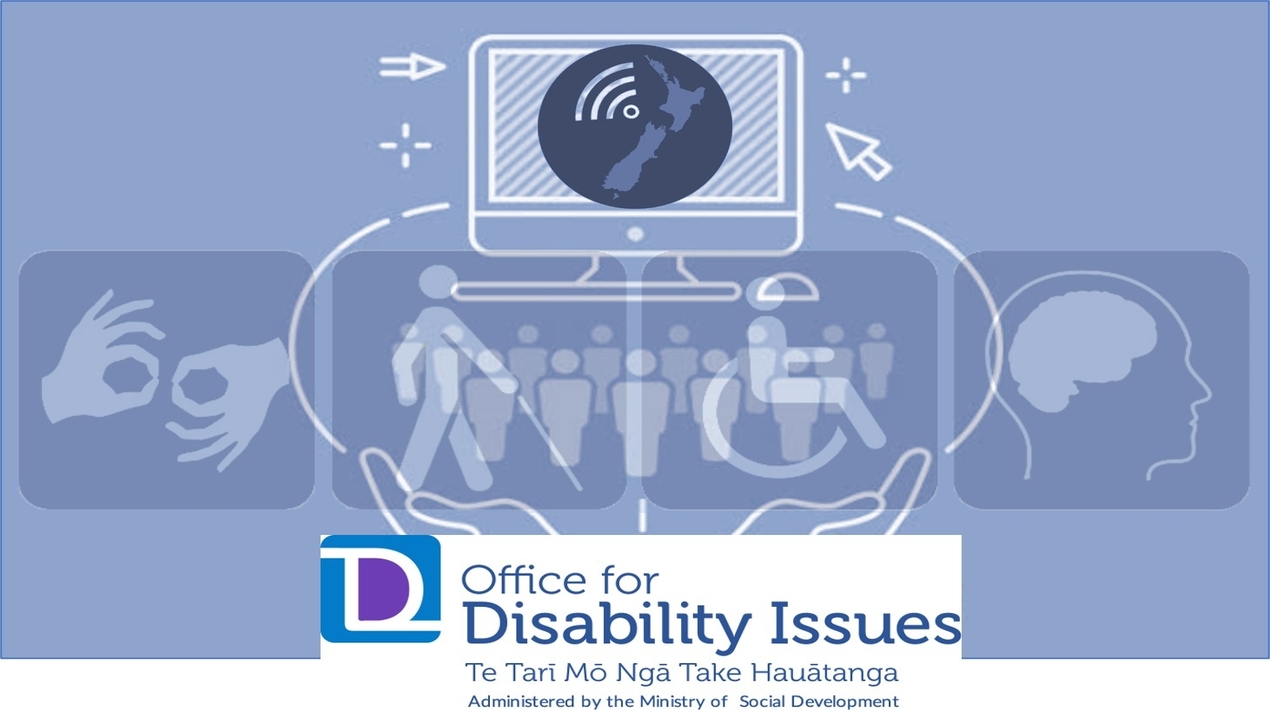
New Zealand has been a strong advocate of digital inclusion and this is reflected in their report on Digital inclusion user insights – Disabled people.
The purpose of this research was to understand the perceptions and feelings about digital inclusion from disabled people as they went about their daily lives. The goal was to understand the key pain points for individuals, what they liked about the current online environment and what improvements could be made to ensure a more equitable digital environment for all.
The report estimates that by the mid-2030s, 24% of jobs in New Zealand could be automated and a new range of jobs will have emerged. As digital technologies weave their way into lives, they impact society and the way things are done. It is therefore vital that everyone can participate fully in, and make the most of, an increasingly digital world: this is digital inclusion. There are four interdependent elements, which are all needed for a person to be digitally included. They are motivation, access, skills, and trust.
When digital inclusion is discussed in research papers such as Motu Research’s Digital Inclusion and Wellbeing in New Zealand, the following people are often identified as being most at risk of digital exclusion: Disabled people, Māori, Pasifika people, People in social housing, Seniors, Un- and under-employed and Remote communities.
Some of the key findings were:
- Need to enforce the Web Accessibility Standard and support better accessibility education
- More human-centred design and co-design practices required
- Need to reduce cost barriers and provide skills training
- Digital inclusion for disabled people should be prioritised
The NZ government is providing $3 million in one-off seed funding to help disabled people around New Zealand stay connected and access support in their communities according to an announcement by Minister for Disability Issues, Carmel Sepuloni.
The funding will allow disability service providers to develop digital and community-based solutions over the next two years for disabled people impacted by COVID-19, starting in 2021. The minister confirmed that 16 organisations would receive funding for initiatives that would help disabled people to access support, be independent and keep in touch with their friends and whānau in innovative and sustainable ways.
There have been a number of creative and innovative initiatives – from helping people with dementia to create their own digital storybook of memories, to online dance and music workshops for disabled people in rural areas, and online spaces for matching disabled people to mentors and volunteers. There is also a strong focus on initiatives that encourage community participation, which is vital for disabled people’s wellbeing and a sense of belonging.
The government was optimistic to see support for the disability community across New Zealand and its role in helping the national response to the COVID-19 pandemic. This seed funding is part of the Government’s response during the first lockdown for disabled people, which was allocated for the 2021 financial year. Regular progress updates will be required for the period of the seed funding.
The Disability Action Plan presents priority work programmes and actions developed through a co-design process by government agencies, disabled people and their representative organisations. The work programmes and actions will advance implementation of the United Nations Convention on the Rights of Persons with Disabilities and the New Zealand Disability Strategy 2016-2026.
From a digital perspective, several outcomes would significantly depend on and benefit from tech deployment
- Involving disabled people: When planning for and implementing their work programmes, each government agency is expected to engage effectively with disabled people.
- Ensuring data is disaggregated by disability: Statistics New Zealand and the Office for Disability Issues are joint leads for the Disability Data and Evidence Working Group’s work programme. All agencies are expected to promote the use of the Washington Group sets of questions on disability in government surveys.
- Monitoring and reporting progress: It is important to report on and monitor the Action Plan’s progress.
- Governance: The Ministerial Leadership Group on Disability Issues is the primary governance lever, together with ongoing engagement with agency chief executives and senior officials.
















